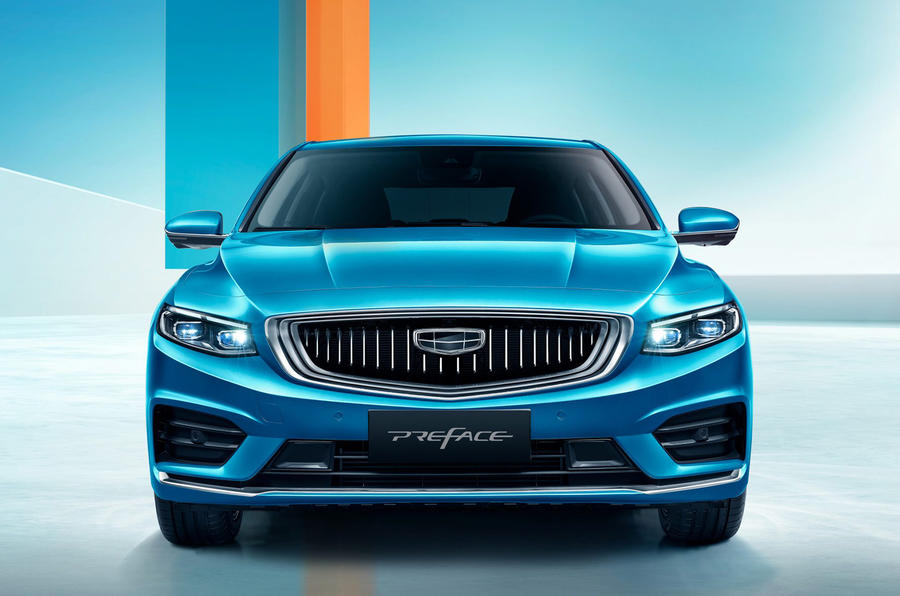
Geely has unveiled a new electric car brand called Zeekr. The Chinese car giant, which owns Volvo, Lotus and Lynk&Co is said to be looking to rival Tesla in the premium electric vehicle space with its new EV brand.
- New brand to develop EVs on Geely’s SEA platform
- Brand created with intent for global expansion
- Sister firms Volvo, Polestar and Lynk&Co to also base models on SEA platform
Develop range of EVs based on Geely platform
Zeekr will develop a range of vehicles using Geely’s new electric Sustainable Experience Architecture (SEA) platform, which will also be used for future models from sister firms Volvo, Polestar and Lynk&Co, along with a new model from Smart. Geely, aside from being the parent company to Volvo, Lotus, Lynk&Co, Proton, Terrafugia and LEVC is also a 50 percent shareholder in Mercedes-Benz’ parent company’s Smart city car brand.
Deliveries of the first Zeekr vehicles are due to begin in China later this year.
Zeekr, which is known as Ji Ke in China, is intended to “serve growing global demand for premium electric vehicles”. It has committed to launching a new EV every year for the coming five years.
Plans for global expansion
While Zeekr’s initial focus will be on the Chinese market, it will “explore export opportunities to satisfy global market demand for premium electric vehicles”. Our sister publication, Autocar UK, understands that the brand has been created with the specific intent of global expansion as part of Geely’s growth plan.
It will also be given a focus on innovation and is aiming to develop an EV ‘ecosystem’ offering an innovative approach to sales and servicing.
Geely remains best-selling manufacturer in home market
Geely has also released its 2020 sales results. The Geely brand sold 1.3 million cars in China during the year, making it the best-selling brand in the world’s biggest new-car market for the fourth consecutive year. It also sold nearly 73,000 cars elsewhere, a year-on-year increase of around 25 percent.
Premium brand Lynk&Co sold more than 1,75,000 cars, up 37 percent from 2019. The firm is currently expanding into a number of European countries.

